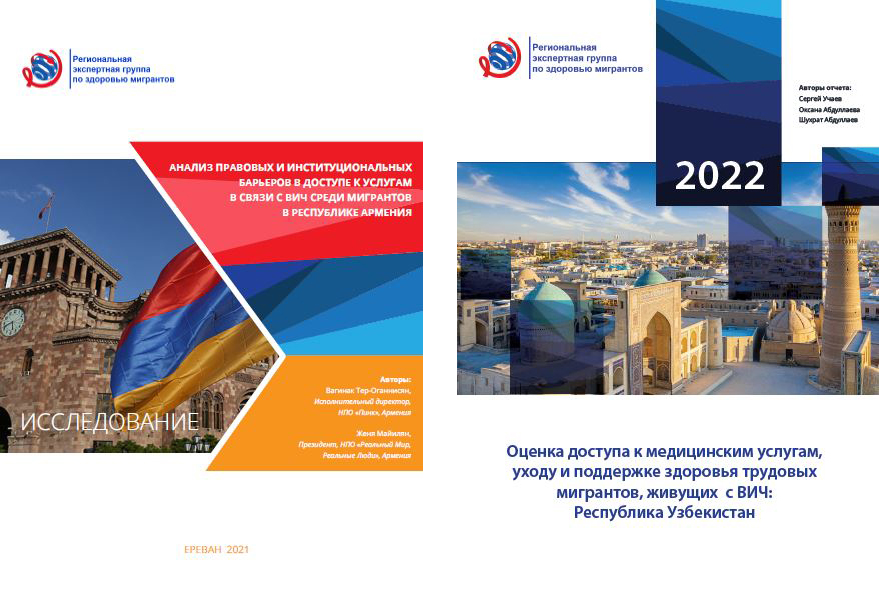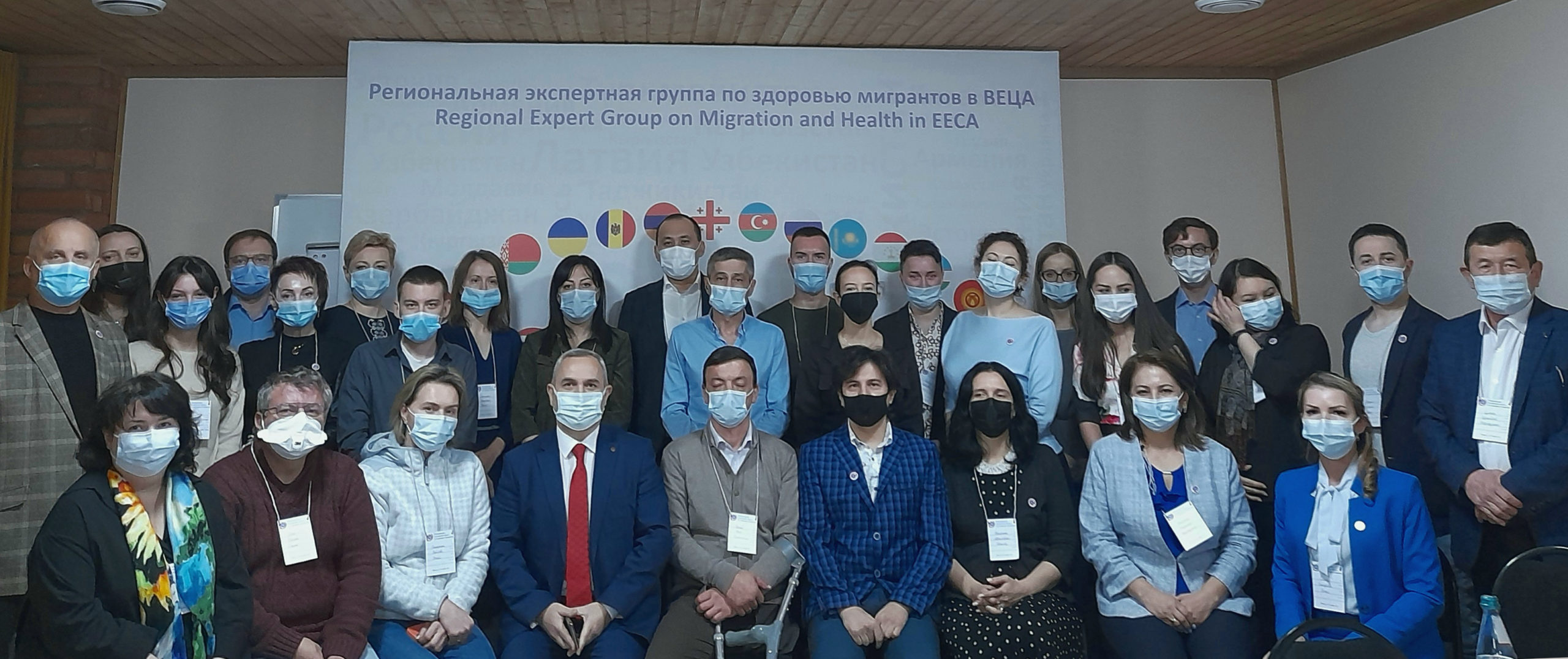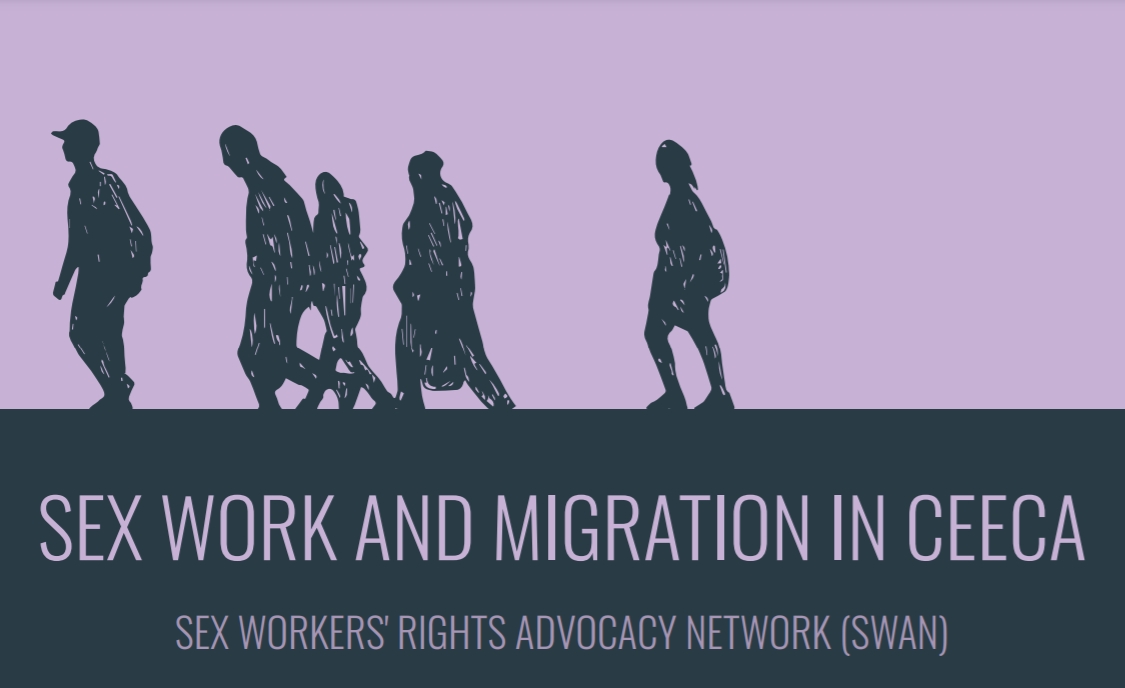The Regional Expert Group on Migration and Health conducted two studies in two EECA countries— Armenia and Uzbekistan aimed to gain an understanding about the legal and institutional barriers the returned migrants face: “Situation analysis of migration HIV-related health services for returned migrants in Armenia and Uzbekistan”. The Russian Federation, which is the host
REG is pleased to present the two studies: Situation analysis of the nexus of migration and HIV care for returned migrants in Armenia and Uzbekistan









